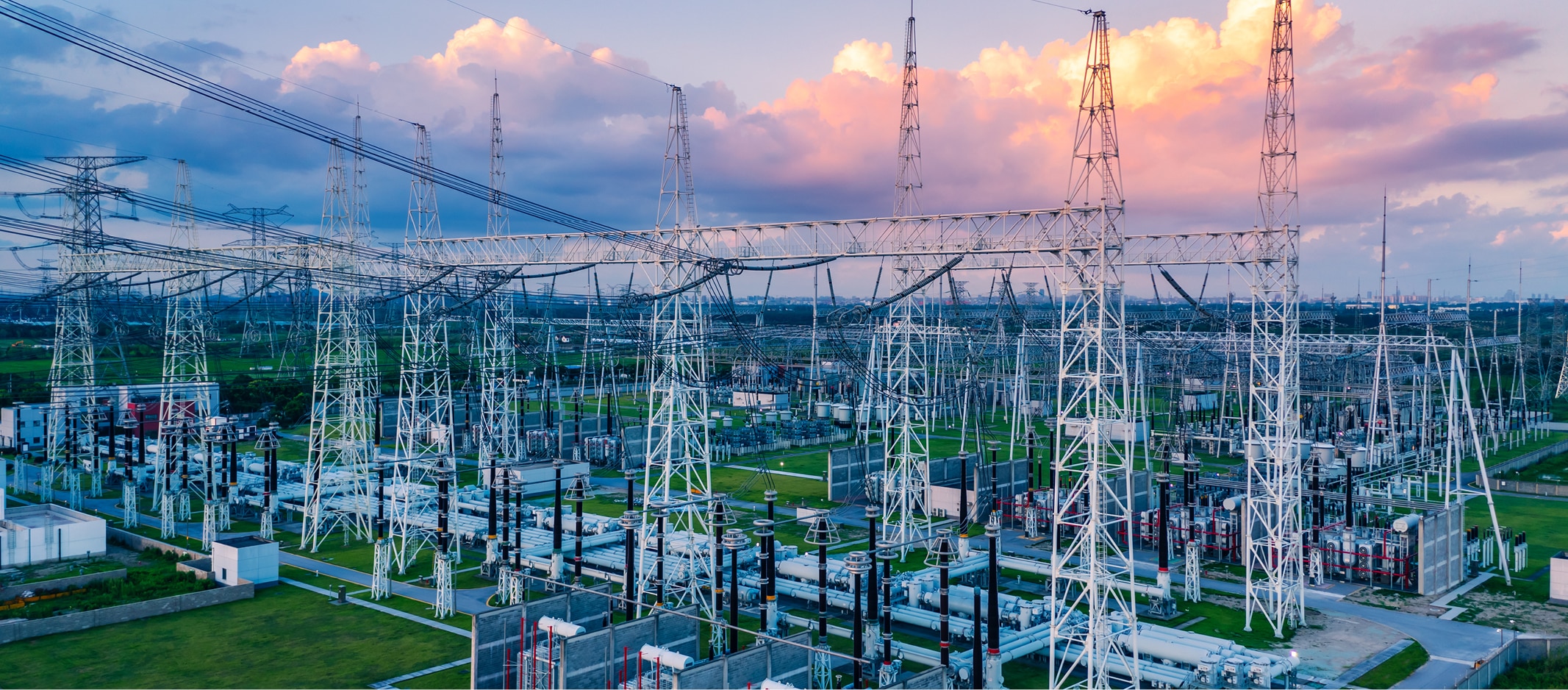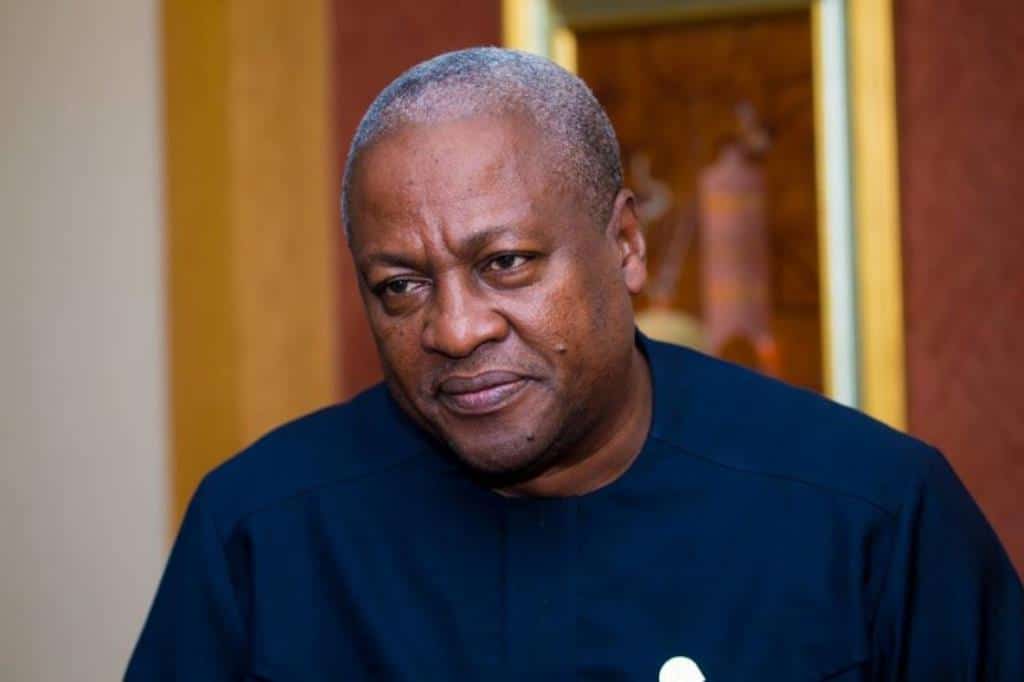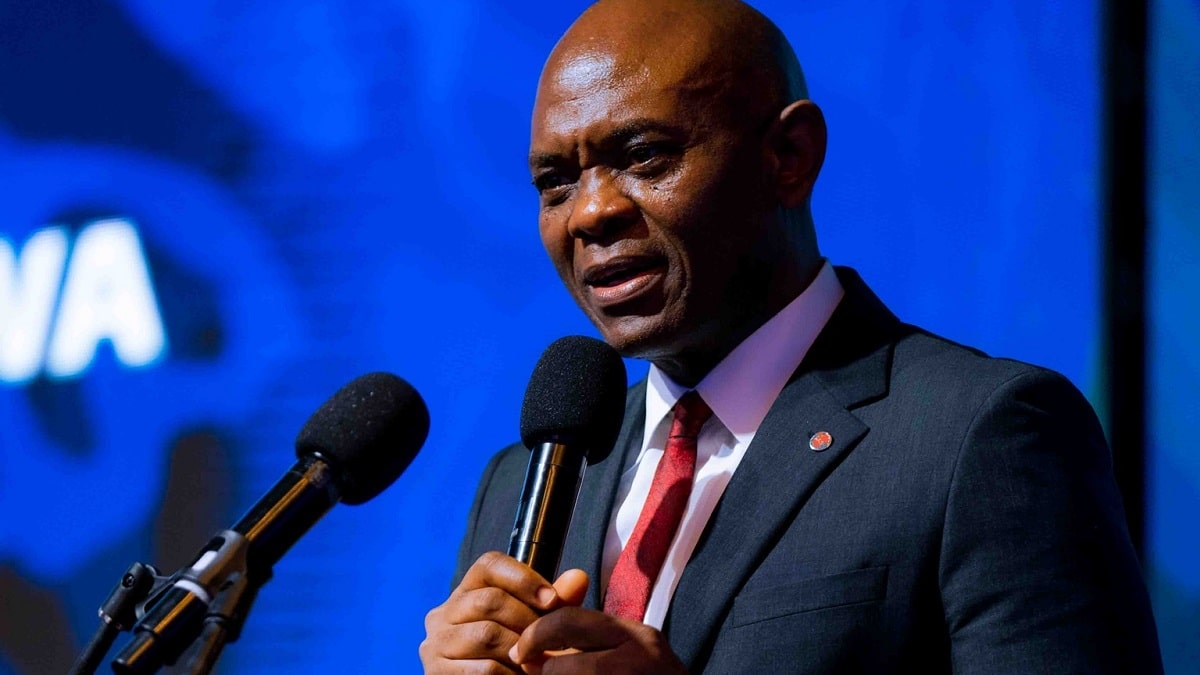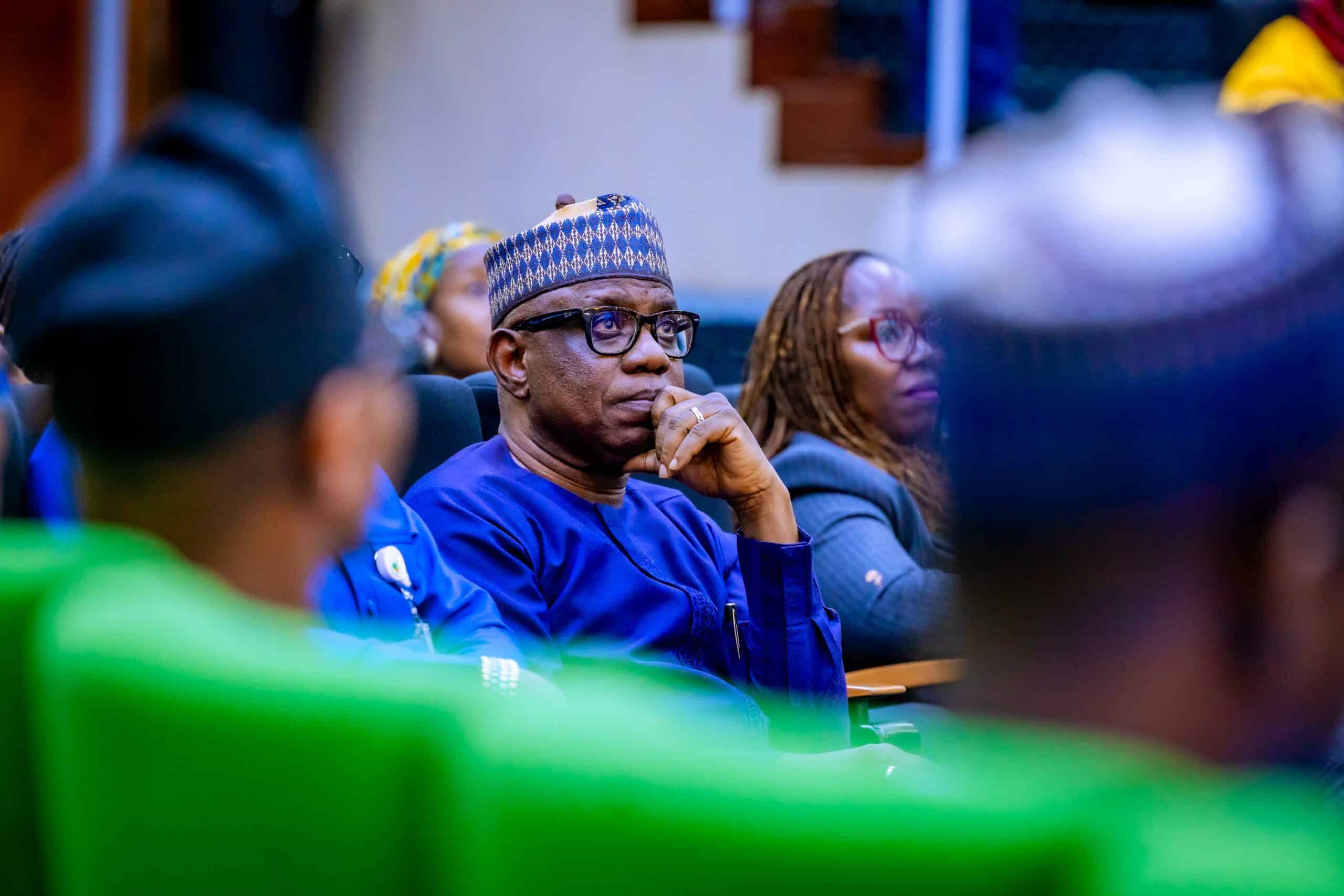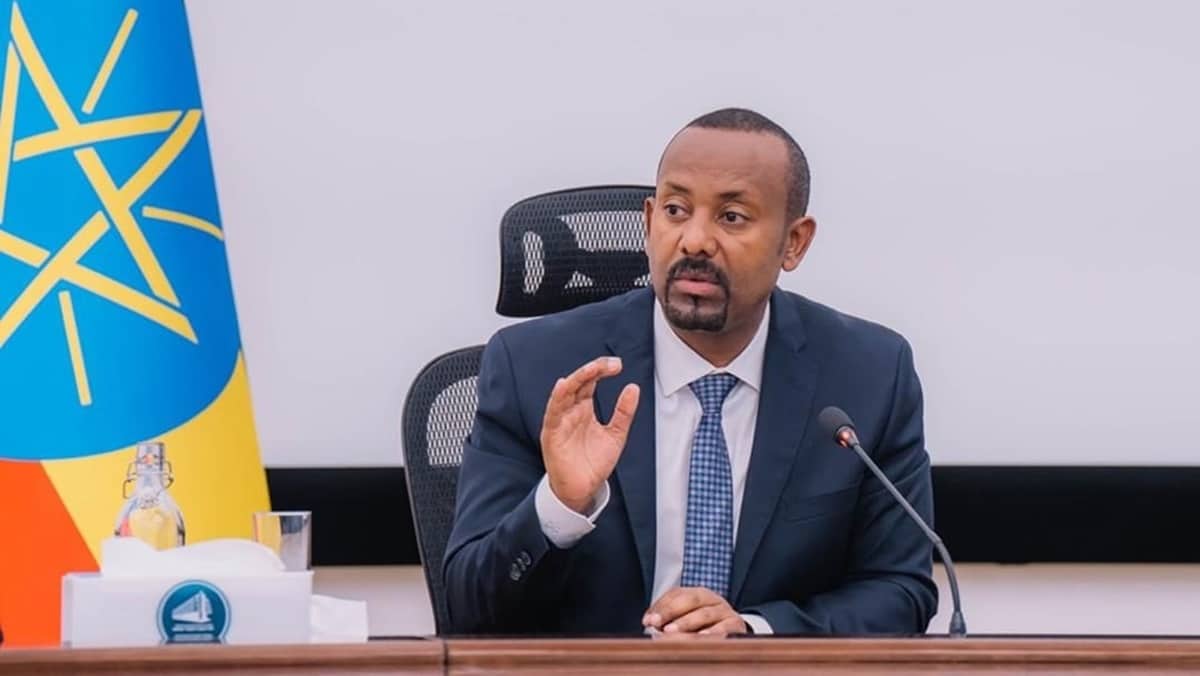The Nigerian government has pledged to revive the Aluminium Smelter Company of Nigeria (ALSCON) in Ikot Abasi, Akwa Ibom State, by reconnecting it to the national grid after twenty-six years of inactivity.
The nations’s Minister of Power, Adebayo Adelabu, made the commitment during a working visit to the facility, describing the 37 years of neglect and lack of power supply as a major setback to Nigeria’s industrial and economic growth.
This disclosure comes shortly after the completion of the long-abandoned 330kV substation in the area.
Adelabu said a temporary solution would be implemented to restore electricity to ALSCON, while efforts continue to complete the Niger Delta Power Holding Company (NDPHC)-owned substation.
He noted that the revival of the plant could boost aluminium production, create thousands of jobs, and reduce foreign exchange spent on imports.
“These investments have suffered from a lack of power supply for nearly three decades. A fully functional ALSCON can supply raw materials to local manufacturers and contribute significantly to our GDP,” he said.
The minister added that the government remains committed to expanding electricity access nationwide by 2030, in line with its long-term energy vision.
ALSCON’s development advisor, Viacheslav Krylov, revealed that the plant currently operates at 360 MW out of its 540 MW capacity.
He said the facility requires improved grid stability, backup power, and power purchase agreements to ensure sustainable operations.
What you should know
The ALSCON power plant was commissioned in 1997 and designed to supply energy to the aluminium smelter and feed excess power to the national grid.
Operations, however, stalled in 1999 due to gas shortages and management disputes.
The plant was later sold to Russia’s UC RUSAL in 2007 for $205 million after a controversial privatization, which the Supreme Court later overturned in favour of U.S.-based BFI Group.
Despite the ruling, the decision was never enforced, and the facility has remained largely idle, producing below 20% of capacity and never supplying power to the grid.
The government is now working to reconnect the plant and restore full operations.
In similar development, Energy in Africa reported that the government is intensifying efforts to reverse four decades of power supply challenges through infrastructure rehabilitation and private sector partnerships.
Similarly, the Transmission Company of Nigeria (TCN) also plans in March to increase transmission capacity by an additional 1,500 MW by the end of 2026.
This follows an 80% expansion in the past two years bringing total capacity to 8,500 MW supported by funding from the World Bank, African Development Bank, and Japan International Cooperation Agency.

